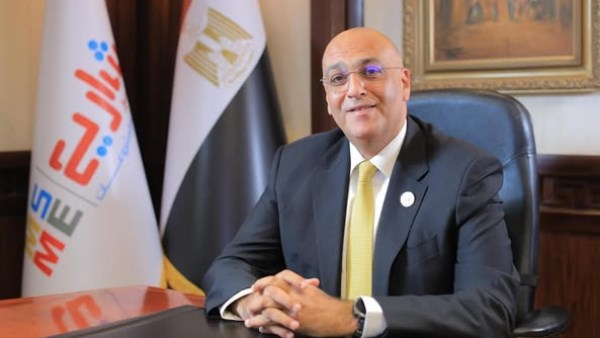
Economists say the central bank’s focus will be on complementary tightening steps
No Respite for Turkey’s Economy as Rates Set to Stay at 50%

Turkey’s central bank will probably leave its main interest-rate on hold for a fifth straight month، with the focus shifting to liquidity management and visible signs of a slowdown in economic growth.
The Monetary Policy Committee led by Governor Fatih Karahan is expected to leave the one-week repo rate at 50%، according to a Bloomberg survey of economists. Policy needs to remain tight for the time being، according to officials، in order to reach their year-end inflation target of 38% from the current 62%.
Officials will deliver their policy decision on Tuesday.
Economists say the central bank’s focus will be on complementary tightening steps، such as managing liquidity conditions with the rates on hold. Lira oversupply، driven by a high benchmark rate and revived foreign interest in Turkish assets، has remained a worry because it could result in lower deposit rates and undermine the tight policy stance.
Excess liquidity
Officials have taken several measures to sterilize excess liquidity، including borrowing via the main clearing house and holding lira-buying auctions. Karahan highlighted in a presentation earlier this month that the bank would diversify its set of tools to manage the oversupply.
“The market’s lira abundance has resulted in the central bank being a net borrower on and off since mid-2023 and، more recently، continuously since July 12،” said Bloomberg Economics’ Selva Bahar Baziki، who expects the monetary authority to “manage any unfavorable inflation report with further tightening using alternative tools.”
Annual inflation fell steeply last month، mostly favored by base-effect comparisons with a year ago. On the other hand، monthly inflation — the central bank’s preferred gauge — has been volatile. Officials want to see a sustained decline there before beginning to discuss any rate cuts.
Corporate and household expectations of inflation، another key metric for the central bank، are also higher than officials’ outlook. Elevated expectations affect pricing and demand، and it sees reining them in as essential. The central bank has said that while domestic demand is slowing، it remains at “inflationary” levels while services inflation is still sticky.
A fall in optional spending
A slowdown will likely become more pronounced in the second half of the year، according to preliminary data. The central bank said it’s already starting to see a fall in optional spending.
Cooling is further visible in economic activity. A measure of Turkish manufacturing activity has been below 50 — the threshold that separates expansion from contraction — for the last four months. Weekday-adjusted industrial production fell 4.7% in annual terms — the worst drop since the deadly earthquakes of February 2023. Unemployment saw its biggest monthly jump in three years، and according to Garanti BBVA Research economists، that rate may increase further.
“We observe a stronger deceleration in aggregate demand in late 2Q and expect restrictive monetary stance and tighter financial conditions to enable a deeper correction in 3Q،” said Garanti economists including Ali Batuhan Barlas. “The magnitude of the expected fiscal consolidation and the duration of tight monetary stance will be decisive on growth outlook.”





-1120252475029447.jpg)















